Saving data on a hard drive has become outdated these past couple of years. People are swiftly turning to saving their documents, photos, videos, and more on servers rather than devices. Main services of the cloud include Gmail, Microsoft OneDrive, iCloud and more. You can access your data from any device as long as you have a working internet connection. However, concerns about the security of this server came up and persisted. Is the cloud as safe as they claim?
The Advantages of the Cloud
The positives of storing data on the cloud rather than on a device are abundant. The computer won’t be cluttered with data, so its efficiency won’t decrease because of this. If something were to happen to the device, the data will be saved on the cloud so it won’t be lost. Data in the cloud can also be analyzed and computed to benefit even more from what you have accumulated in it. Not to mention the wide storage you would get.

But Is the Cloud Secure?
Since nothing is foolproof, it can’t be said surely that the cloud is secure. A person could find out your password and have access to your data or it could be hacked and your data will be compromised. But can I trust it more than device storage? Yes. Since the cloud is a network of servers built with security in mind. Servers are stored in warehouses where some of them reduce the amount of oxygen in the air to minimize the risk of fires. Multiple copies of the data are stored in different centers and warehouses to further make sure that the data is not lost even if the unavoidable bad happened.
Furthermore, not all workers have access to the data that is stored in the cloud. The data is also encrypted which means they are scrambled, making it a lot harder for a cybercriminal to access any of it.
The cloud also gets consistent security updates. The security measures taken by the providing company are constantly getting renewed and renovated as new threats take place in the world of cybersecurity. In addition, relying on firewalls also helps keep your data secured in the cloud. As the name suggests, firewalls act as walls to keep the data in and any cybercriminal or hacker out.
To make the cloud extra secure, one can take their own measures to keep their data safe. For example, downloading an encryption program to get your data encoded before uploading it to the cloud where it will be encrypted again would maximize the security of the cloud.
Nothing is 100% secure, but the cloud providers do their best to run the best security programs for your data that is stored on their servers. The pros definitely outweigh the cons of data storage on the cloud.





